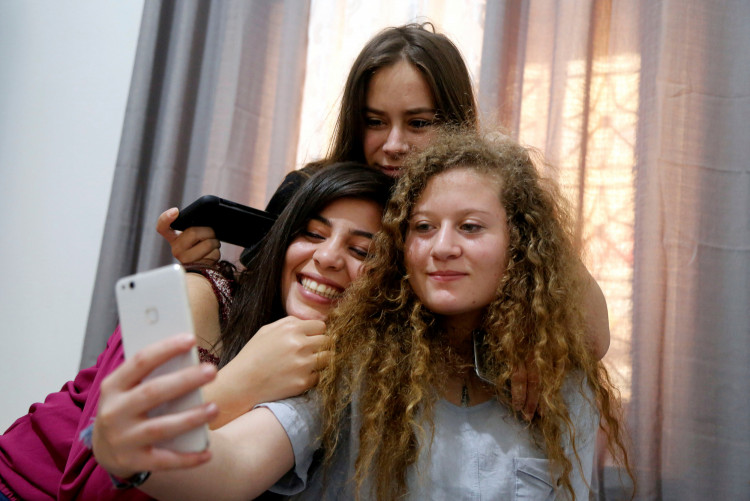With the emergence of social media today, more and more women are likely to feel more insecure. In fact, according to a new study led by Lau Ming-Wai, some of them start to doubt themselves and feel dissatisfied with their body.
In a new survey by the Youth Development Commission, 10 percent of women ages 16 to 24-years-old are displeased with their bodies because of social media. Thirty-one percent of them said it is because of their friends while 28 percent blames their health.
On the other hand, only 5 percent of older women ages 25 to 34-years-old pointed social media as the culprit of their insecurity. Eighteen percent of it is because of their friends, and 40 percent is because of their health issues. One thousand and ten women have been part of the survey -- half of it is adults while the other half is the younger ones.
According to The South China Morning Post, this study proves the use of social media could result in an endless comparison of one's self to others. It can also cause self-doubt. So Lau, vice-chairman of the Youth Development Commission, aimed to give awareness on the proper use of social media through media literacy education. This would benefit the new generation of social media users.
The son of tycoon Joseph Lau Luen-hung also cited a study about the growing problem in Hong Kong called "beauty sickness." This illness made women in the country feeling drowned with messages by the media that would cause them to be unhappy with their bodies. This could ultimately lead to low self-esteem.
"Other countries like the UK have established media studies as a formal subject and supported its development with resources," Lau said, per The Star Online. He also added that with social media's overpowering effect on younger people, the group could not just only let them control it by themselves.
In fact, the survey revealed 63 percent of women were dissatisfied with their looks. This explained why younger women used filters and even altered their photos to make themselves look better on social media.
The survey's lead researcher Cindy Lau-Si said that using beauty editing tools also have its effects on younger people. This could even "implicitly enlarge flaws" that the young women are trying to hide. Every time they are going to alter their images, it is a constant reminder that they are displeased with their looks.
Lau revealed that every time they ask girls in the focus groups if they are editing their photos, their discussion would end up on how they could look more pleasing. From here, they would notice the girls' mood was shifting, revealing they were getting less confident.






